|
By LB Klein, See the Triumph Guest Blogger Surviving sexual assault on campus is not only devastating to survivors’ bodies, minds, and spirits, it can also bankrupt them. Being a survivor on a college campus is expensive. Supporting survivors on college campuses means thinking critically about how to alleviate the financial burden of being sexually assaulted. Sexual assault survivors have bills and long-term financial losses. Those bills can start with considering the cost of medical care. A survivor may not go to the hospital because she or her family cannot afford medical care or because he is concerned that a parent will receive the bill, requiring him to tell his family before he is ready. Vital mental health support, or transportation to get to no-cost services, generate bills. Purchasing the morning after pill or prophylaxis to fight sexually transmitted infections necessitates funds. These are just the immediate costs of navigating a crisis situation. The long-term costs continue to add up. Survivors may need to treat a sexually transmitted infection and some last for life, such as HIV. A survivor may become pregnant and would incur the cost of terminating the pregnancy or even eighteen years of parenting. Ongoing therapy bills pile up or recovery is postponed as counseling is just too expensive. If a survivor chooses to report the sexual assault, she may then face charges from phone bills to talk to the police or a plane ticket to return for a court date over summer break to larger costs like hiring an attorney. He may require costly tutoring to make up class material. Moreover, trauma is costly. It is challenging enough to juggle work or class without having survived trauma. Survivors miss assignments, work shifts, class, finals, and study abroad opportunities because of the psychological toll of surviving sexual assault. If a survivor chooses to withdraw for the semester to take time to heal, their tuition, housing costs, and fees are rarely reimbursed. Seeking justice through a campus conduct or criminal legal system takes time from work and studies Due to fear of the perpetrator, lack of support, or debilitating symptoms of post-traumatic stress, he may drop out of school entirely. She may be fired from her job. She may be expelled or fail out. If the survivor is in a romantic relationship with her abuser, she can also face ongoing economic abuse. Losing opportunities at work or school may increase her dependence on the abuser. Failing grades, not finishing a degree, or having a poor track record at work can then directly impact a survivor’s earning potential for the rest of her life. Researcher Matt DeLisi estimated that each rape costs $151,423, which is compounded if survivors are repeatedly victimized. Survivors are charged for surviving raped, and those bills can continue far beyond their time in college. It is critical that we agitate for economic justice for survivors on college campuses. To alleviate these costs, we must ensure survivors have swift access to accommodations such as changing classes or housing, access to medical and mental health services, escort services, and refunds on tuition if their institution did not support them in a timely manner. We must call on schools to not only provide accommodations and support, but to provide them free of charge. We must agitate for survivors to have access to confidential survivor advocates to help alleviate trauma and its associated financial costs. Beyond the initial aftermath, we must ensure that our schools and communities are invested in survivors’ financial wellbeing for the long haul. It is imperative that campuses and communities invest in preventing sexual assault. Until we can end sexual assault on campus, survivors will continue to face significant costs. In the meantime, schools can at least keep survivors from being charged for surviving rape.
New See the Triumph Research Study!
Learning from Survivors of Intimate Partner Violence: Physical, Relational, and Social Factors Are you a survivor of an abusive relationship? Are you interested in telling your story? Help inform future research about abusive relationships (including physical, sexual, and/or emotional/psychological abuse) by participating in a new research study aimed at understanding intimate partner violence. We are seeking participants who (a) are at least 21 years of age, (b) were formerly abused by an intimate relationship partner (e.g., a boyfriend, life partner, spouse), (c) have been out of any abusive relationship for at least two years, and (d) speak English. Participants will be asked to complete an on-line survey, which is estimated to take about 30 minutes to complete. All participants who complete the survey will have the option to enter a drawing for one of two $50 store gift cards. To learn more about this study and access the survey, please click the following link: https://uncg.qualtrics.com/SE/?SID=SV_8oVXBFv2lublRRz This study has been approved by the Institutional Review Board at UNCG. If you have any questions or are interested in participating in this study, please contact Dr. Gwen Hunnicutt, Associate Professor in the UNCG Department of Sociology, at 336-334-3705 or [email protected]. |
Archives
July 2024
CategoriesAll About Intimate Partner Violence About Intimate Partner Violence Advocacy Ambassadors Children Churches College Campuses Cultural Issues Domestic Violence Awareness Month Financial Recovery How To Help A Friend Human Rights Human-rights Immigrants International Media Overcoming Past Abuse Overcoming-past-abuse Parenting Prevention Resources For Survivors Safe Relationships Following Abuse Schools Selfcare Self-care Sexual Assault Sexuality Social Justice Social-justice Stigma Supporting Survivors Survivor Quotes Survivor-quotes Survivor Stories Teen Dating Violence Trafficking Transformative-approaches |
Search by typing & pressing enter


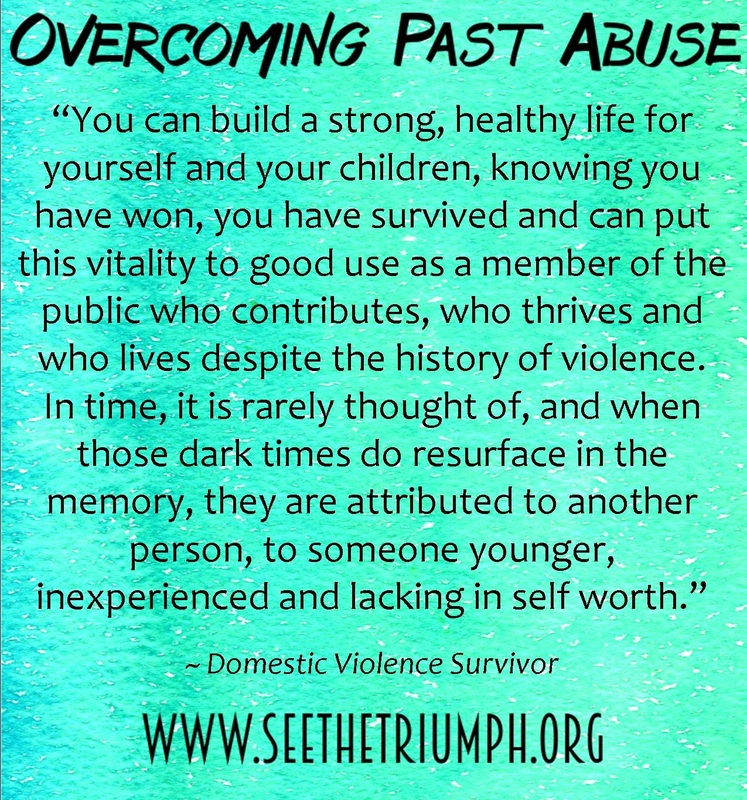
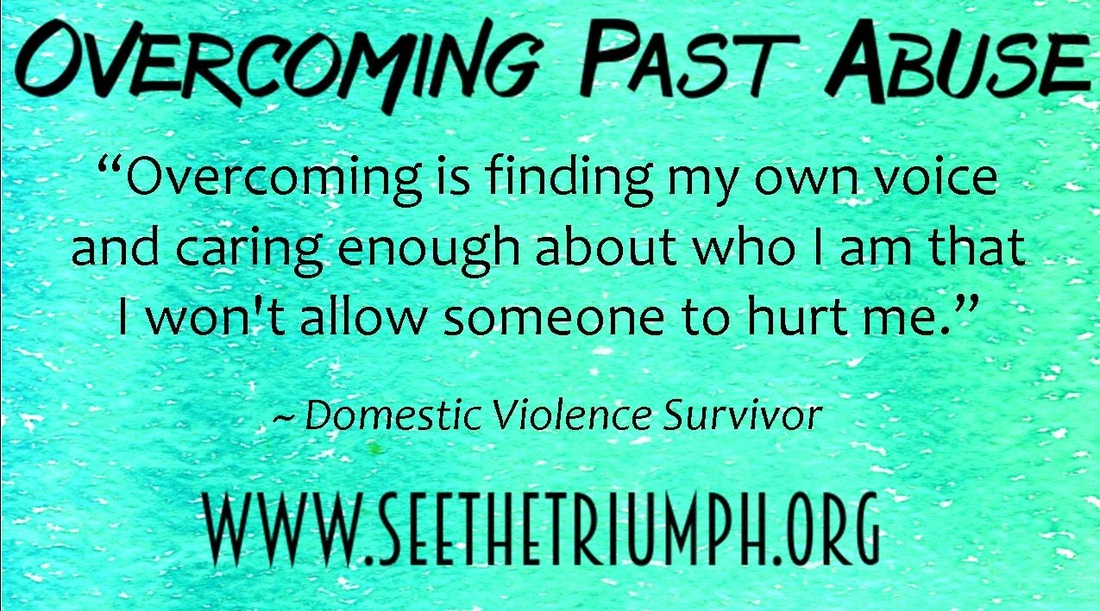

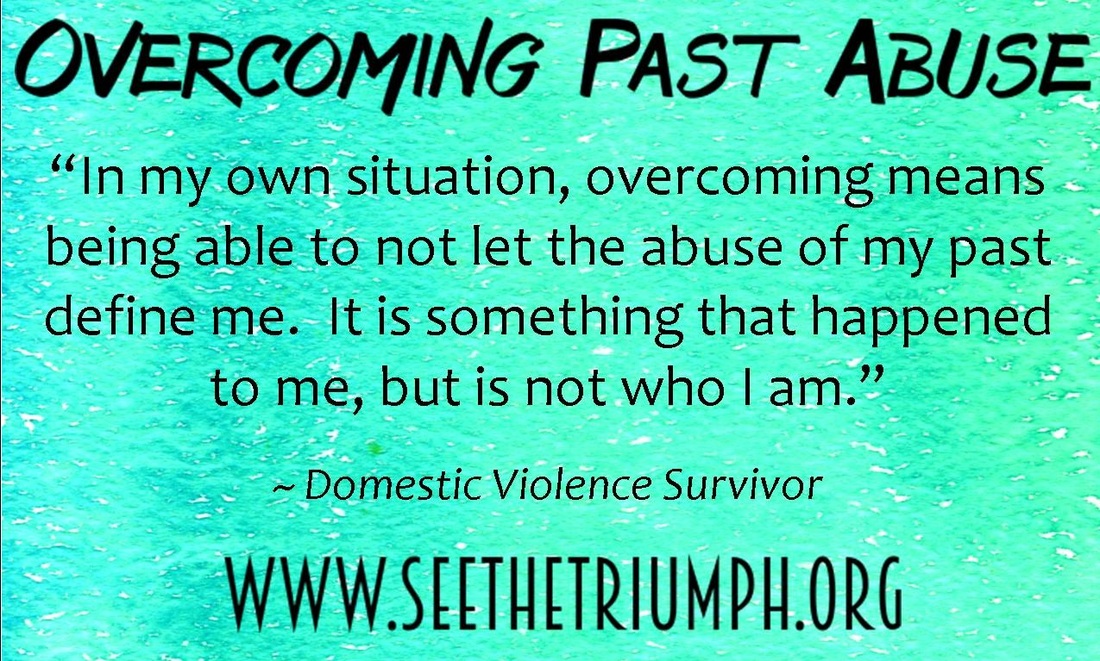
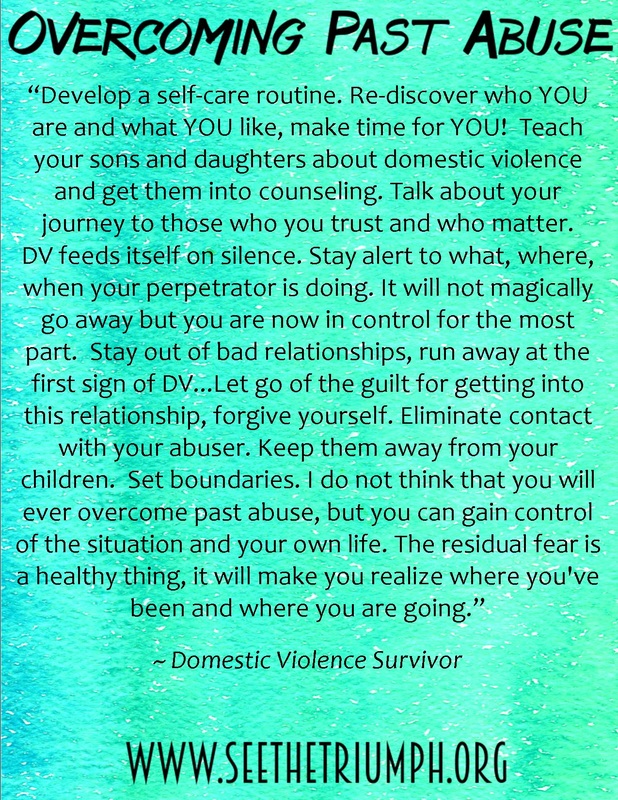
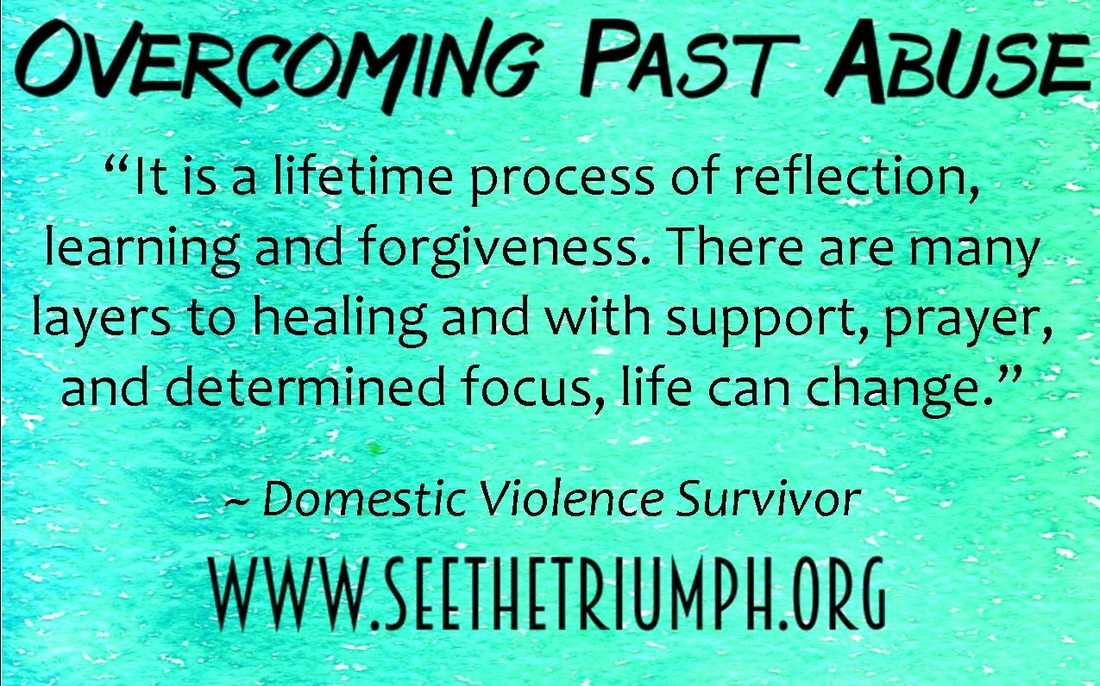
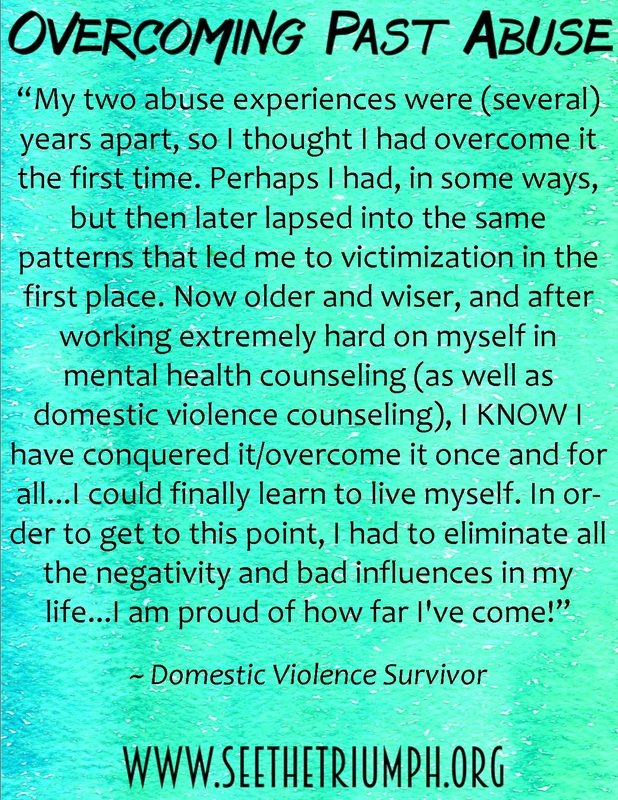
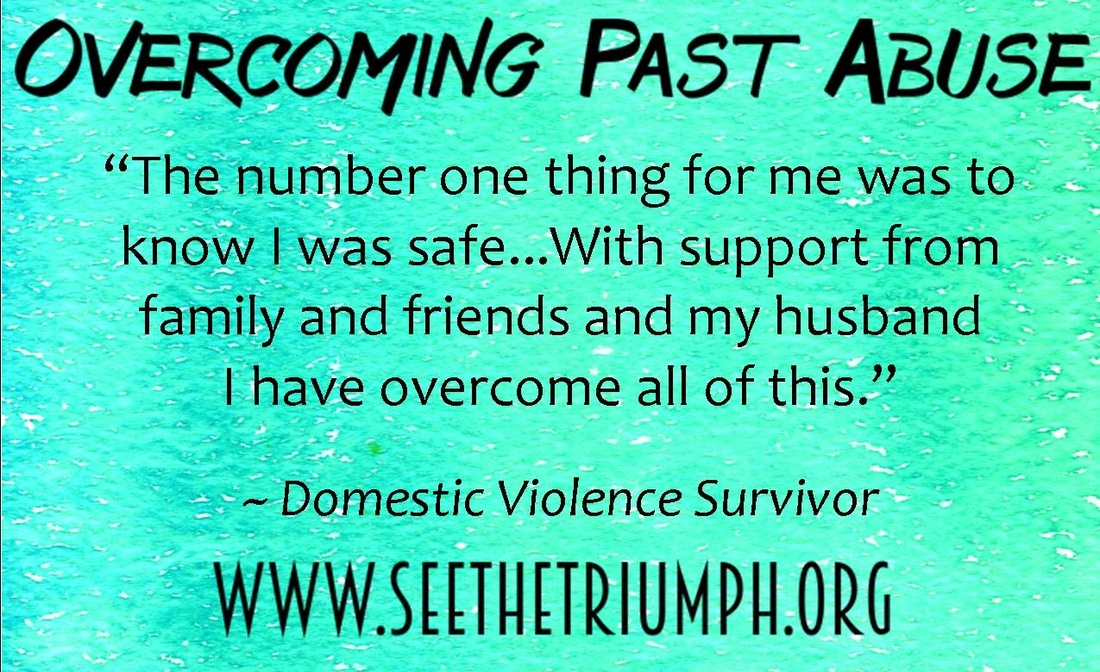
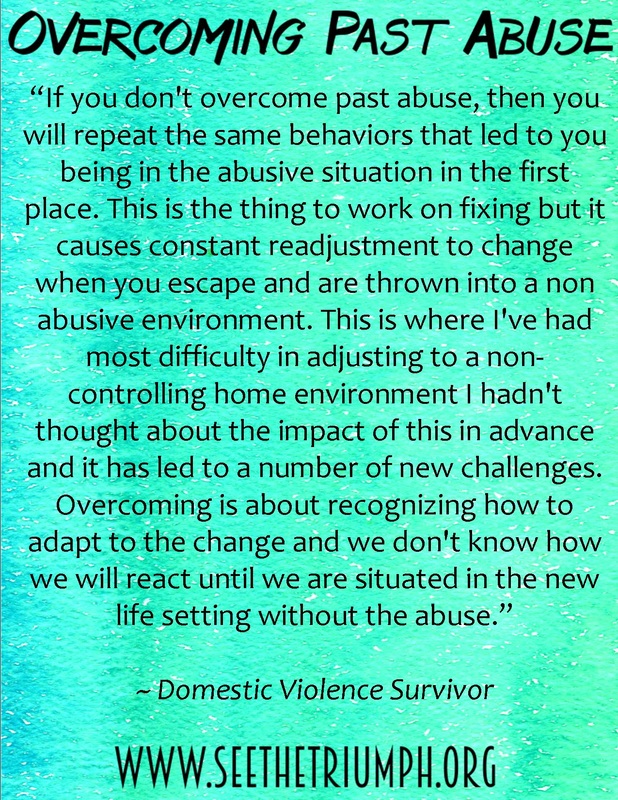
 RSS Feed
RSS Feed